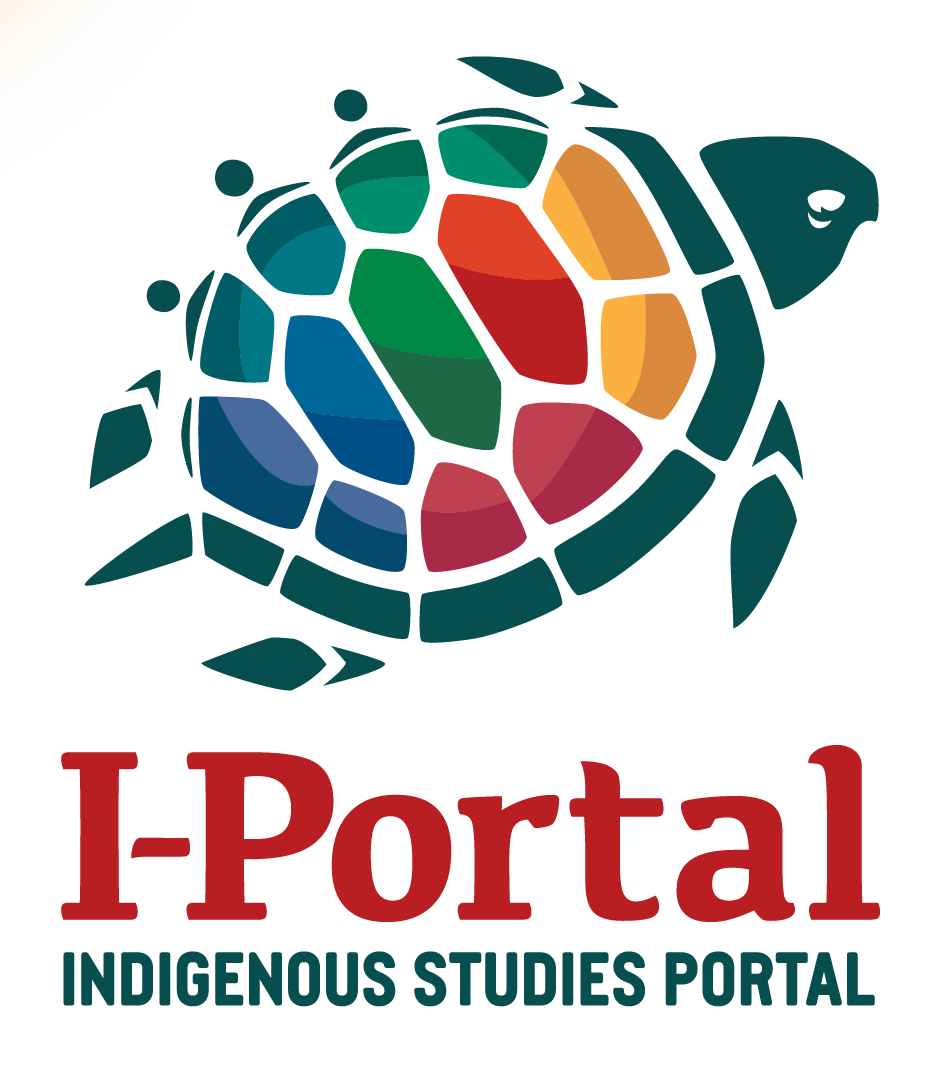Vulnerable: The Law, Policy and Ethics of COVID-19
E-Books
Author/Creator
Katherine Fierlbeck
Lorian Hardcastle
Aimée Craft
Deborah McGregor
Jeffery Hewitt … [et al.]
Description
See: Chapter A-2 "COVID-19 and First Nations' Responses" by Aimée Craft, Deborah McGregor, and Jeffery Hewit.
Chapter D-6 "Systemic Discrimination in Government Services and Programs and Its Impact on First Nations Peoples During the COVID-19 Pandemic" by Anne Levesque and Sophie Theriault.
